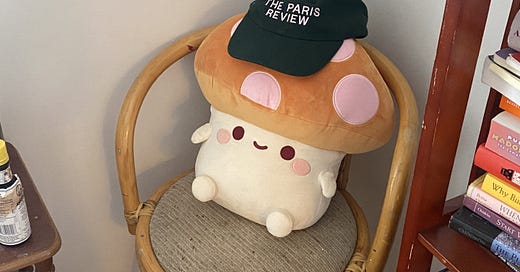Hi <3 this is long so I’ll keep it brief! I read a lot this month! I’ve been insanely busy and life is only about to get busier—my niece was born yesterday, I’m changing jobs in two weeks, I’m taking one writing class and facilitating another, and I’m just generally spending every moment purposefully right now. I’m feeling strong and capable, going to the gym every day, keeping my schedule full. And I’m gradually transitioning away from Meta to more long-form posting on here.
Next month’s tentative TBR, in case you want to co-read: How To Blow Up A Pipeline, Veronica by Mary Gaitskill. (I usually pick books based on current mood first, and goals second.)
Politics
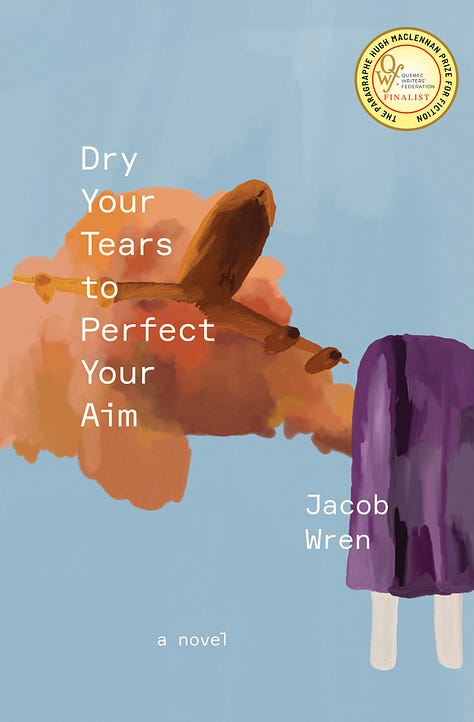
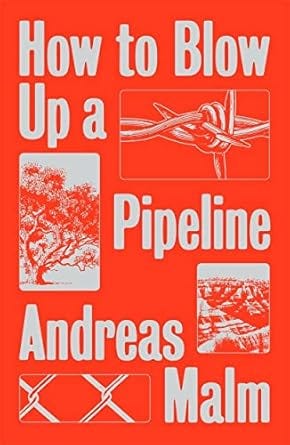
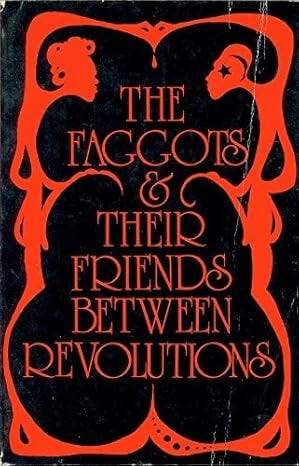
Dry Your Tears to Perfect Your Aim by Jacob Wren (2024)
200 pages, read in 2 weeks
3 popsicles out of 5
Let me start by saying that I love Jacob Wren, not just for writing Polyamorous Love Song, but for being an encouraging and principled presence on my Instagram. We’ve met, virtually, and I admire him.
I was very engaged for the first half of this book, fascinated by the autofictive form, loving the repeated assertions that “This book is not reality.” I enjoyed the sections where the protag walks, dies but doesn’t actually die because this book is not reality, watched planes blow up without explanation, and finds himself in a true utopia in the middle of a warzone. I loved the naming convention and the narrator’s self-awareness. I even laughed at the very ending, which I don’t want to totally spoil, but it’s very Sopranos.
Why not a higher rating, then? I found myself struggling, in the book’s final third, to remain invested. The reactions to the author’s manuscript (and the very fact that it was passed around ardently like a precious text) felt self-congratulatory and awkward, like the narrative didn’t know where to go anymore. I did not like the allegorical simplification of so many African/Middle Eastern countries into one. And it felt unnecessary, and it bad taste, to have this book framed through the eyes of white Western man, as though he had done something precious and important by writing a book about allegory-Palestinians. It does switch to a female narrator in the Afterword, and the friendship developed there is good, but on the whole I was feeling bored of the exercise by that point.
Overall I would say that I wish the politics in this novel were developed more deeply, and the magical realist mysteries were further explored. There is potential here that loses its way after the Interlude.
How To Blow Up a Pipeline by Andreas Malm (2019)
Ok I thought I would finish this book by the end of the month but I didn’t, so stay tuned for an actual review. But I’m about 100 pages in and it’s very important, very urgent political philosophy.
The Faggots & Their Friends Between Revolutions by Larry Mitchell (1977)
113 pages, read in 2 days
4 faeries out of 5
The Faggots is an allegorical “fable-cum-manifesto” about pleasure, communal living, and love. It’s anti-assimilationist, set in the world of Ramrod, where men hate every group they aren’t a part of: faggots, queer men, queens, faeries, strong women, and women who love women. It’s beautiful, and it’s hopeful, illustrating the way the author actually lived in the 70s. It pays homage to Marsha P. Johnston and all the trans and gay women who allied with the faggots. I can’t recommend it highly enough to anyone queer who wants to better understand not only our history, but our possibilities. I would also recommend it to the liberal straights who find the word faggot uncomfortable.
Literary
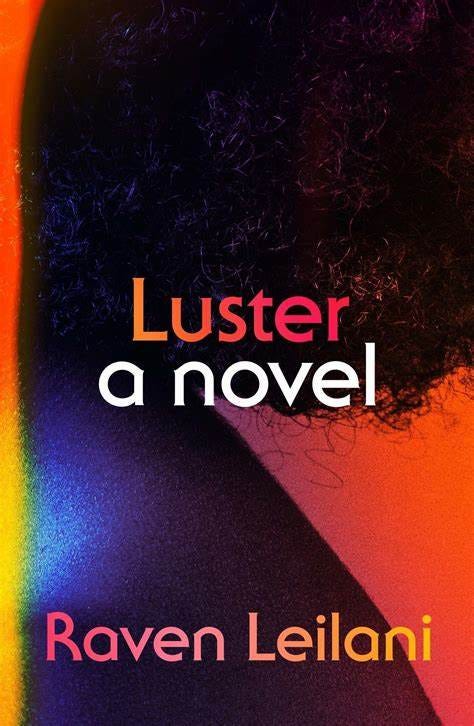
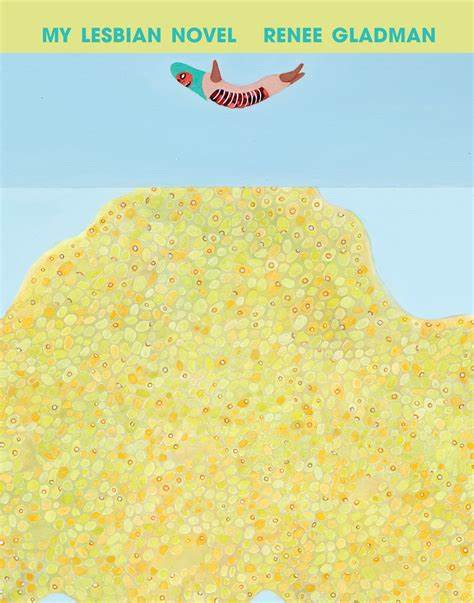
Luster by Raven Leilani (2020)
227 pages, read in one day
5 katanas out of 5
This book is sexy, fresh, and rich, like a minty chocolate cake. Leilani loves and respects her characters, drawing them with care and dignity. The prose is gorgeous and natural. It’s about a young woman having an affair, and I don’t want to say much else because it’s not the story that will hook you, but the originality of the protagonist. I feel like I’ve read a lot of contemporary family/coming-of-age novels about race, and some are better than others (I hated The Vanishing Half) but this is a fantastic one. If you’re going to read literary fiction about interracial affairs, this is probably the best one to come out in a decade.
My Lesbian Novel by Renee Gladman (2024)
147 pages, read in a week or two?
4 brown women drawing lines out of 5
A meta-fictive part-interview, part-romance novel exploring the writing process. I got a little bit tired of all the metaphysical circling Gladman does in the interview portions, but she also blew me away with her insights. And the romance itself is erotic, joyful, and safe. It really captured, for me, what’s scary about love: the threshold of getting what you want. It’s a bit of a writers-writing-about-writing book, but if you’re into that, it’s perfect.
Fantasy
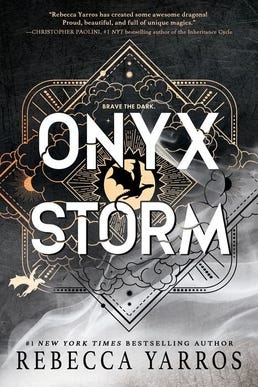
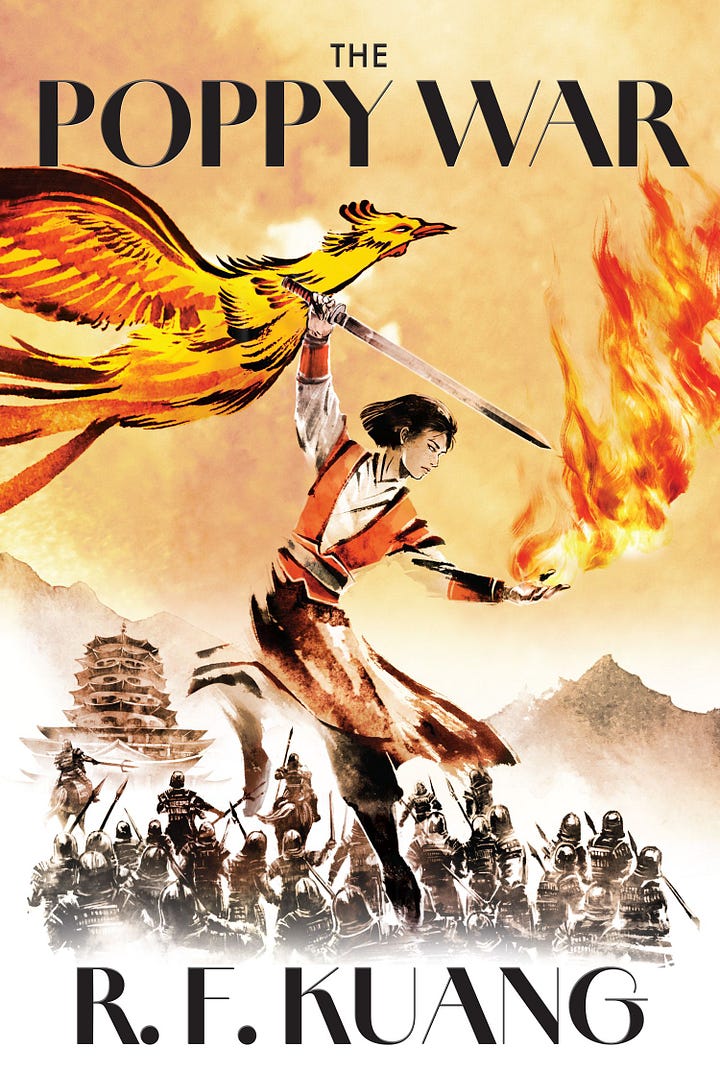
Onyx Storm by Rebecca Yarros (2025)
544 pages, read in a few days
third book in the Empyrean Series
4 missing emeralds out of 5
I finished this book last night, and I don’t think I’ve had this bad of a book hangover since I was in middle school. And let me just get this out of the way: no, it’s not literary, or “quality” like we used to say on Tumblr. I do not care. Few books have made me as happy as this one did, and that’s why I read romantasy: the delicious dopamine, the safe consumption of the feeling of love, the jolt of happiness I get from giggling and kicking my feet every time Xaden says “Hello, Violence.”
There are some significant problems, like how muddy everything is. Yarros is not a clear writer and I find it frustrating trying to follow her worldbuilding. (The number one complaint I saw online about this book was that no one knew who any of these characters were, and I have to agree that the volume of proper nouns is not well handled.)
But aside from the jerky worldbuilding and overwhelming number of characters (many of whom have annoyingly similar personalities to one another and talk the same way) this book is a pretty big improvement from Fourth Wing. I called FW one of the worst books I read in 2024 for very good reasons. But Yarros, or her editor, is getting better, and I think that likely has to do with writing more slowly and refusing insane deadlines.
Onyx Storm is a war and adventure novel with a strong romance at its core, one that has only gotten hotter and more fun to read throughout the series. I sighed with relief every time Xaden and Violet communicated their feelings and stayed devoted to one another even while having serious disagreements. There’s no cheating, no love triangle, a bit of very justified brooding but nothing upsetting; the romance is dependable and makes a strong foundation. The conflict in this novel comes from circumstance and understandable bad choices, while Violet and Xaden reliably treat one another with respect, courtesy, and love.
The best part of the book IMO is the middle section where the squad is travelling between isles and encountering new cultures for the first time. The scenes where they adjust to local customs are imaginative and entertaining. The group also has good rapport that is just fun to read, like listening to a podcast hosted by best friends.
And as for that ending, here are my predictions, with full spoilers:
the “new brother” is Bodhi, who copies everything Xaden does
“it” is both Tyrrendor and Xaden’s remaining soul fragment. It’s deliberately ambiguous so everyone will think he just means Tyrrendor, but he left her both.
Violet will have her memories returned at some point by Dain and we’ll get to see the wedding (I need this okay)
there will be dream sex while Xaden is AWOL
I raced through this book, and it gave me the feeling of reading Twilight for the first time again. I loved the experience and it made me really happy, despite it being pretty camp. It reignited my childhood love for dragons. And perhaps most strangely, I instantly wanted to reread it, an impulse I can’t remember having for a book in a very long time.
The Poppy War by R.F. Kuang (2018)
544 pages, read in a couple weeks?
3.75
If OS was a juicy, exciting adventure, The Poppy War was a grim walk, and I don’t mean that as a detriment. They’re just on opposite ends of the fantasy spectrum, and we need both. TPW is brutal and provocative, taking the challenge of writing from the perspective of a villain and running away with it. Rin, the protagonist, is a victim of colonial, racist, sexist violence, on individual and institutional levels, despite her being a remarkable and strong person. Her choices domino to a depressing conclusion that feels inevitable (and understandable given her story), but the cruel truth is that she could have chosen differently at any point.
This book is hard to read. It’s bleak. It’s pretty well-executed, but I wouldn’t ever want to read it again because it’s just so sad. To spoil the ending for you, Rin essentially witnesses a version of the Rape of Nanjing, and commits a genocide in revenge. She is a sympathetic character, too, one you’re tricked into rooting for from the beginning.
I don’t know if I’ll read the other two books in this series. I feel as though, with TPW and Babel, I understand the story and arguments at play, and I don’t need to be depressed for another thousand pages. I’m looking forward to Katabasis though!


